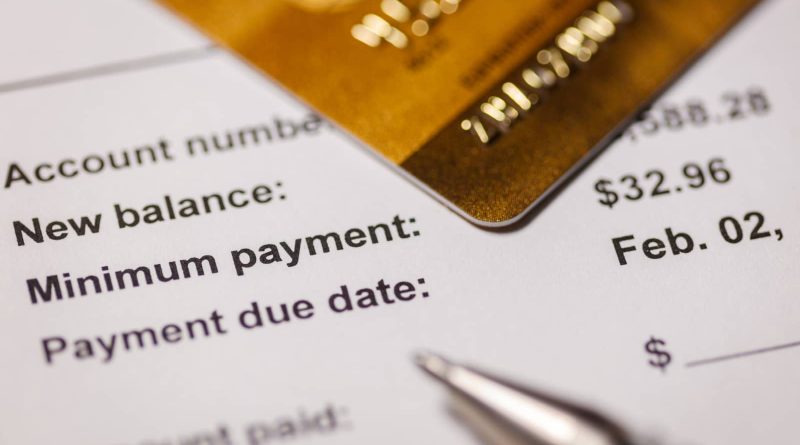Two Reasons Not to Just Pay The Minimum Payment
Everyone struggles with debt at one point or another in his or her life. It is the nature of our world and it has become a hidden subject. People do not address debt like it should be and schools do not teach financial education as they should. Kids today do not know anything about debt, taxes, buying a house, etc. This is the sad reality that we live in; however, we can stop it.
When it comes to debt, credit cards, loans, whatever the case may be, minimum payments will be your ruin financially. While it might be an easy way out for you right now or it might be your only choice, this will end up hurting you in the end. I myself did the minimum payment thing back during covid. It was all I could afford and it seemed like my debt was not going away. In the end, I had to do a debt consolidation program to get free of it.
If you are able to, I want you to do more than just the minimum. Please read this article and I hope it helps you understand debt a little a better and I hope it gives you the push to try to get out from underneath it. It might be a tall mountain to climb but I have faith you can do it.
Table of Contents
The Never-Ending Debt Cycle
When you only pay the minimum payment on your balance, you are creating a revolving door effect. You go through the door hoping to see the other side but all you end up doing is going in circles. Let us say you have $5,000 in credit card debt with an interest rate of 18%. If you merely do the minimum payment, it could take you years to pay it. You could end up owing thousands in interest. Imagine only owing $5,000 and when everything is said and done you ended up paying $15,000. That is crazy to think about.
The Power of Compound Interest
Another reason to pay more than the minimum payment is the power of compound interest. This can benefit you when it comes to investing but when it comes to debt it can ruin you. As interest continues to build on your unpaid account balance, the interest will keep adding up. This in turn will make it harder for you to escape your debt. You could stop using your card altogether and the interest will continue to accumulate.
Using the example above, look and see what could happen to you. It is not a pretty sight.
| Let us say you have a credit card balance of $5,000. This balance has a minimum due of 2% of the amount owed with an interest rate of 17%. | |
| You pay 2% per billing period; it will take you 30 years to be paid. | You will pay $10,000 in interest. |
| You pay 4% per billing period; it will take you 10 years to pay it off. | You will pay $2,600 in interest. |
| You pay 6% per billing period; it will take you 6.8 years to pay it off. | You will pay $1,500 in interest. |
Impact on Your Credit Score
Having debt can seriously mess up your credit score. Your credit score is what determines how good of a deal you get when it comes to loans, cars, houses, etc. Having a high score is crucial if you plan to do anything in life. The goal is to strive for 800+ but a 720-750 will be ok as well. However, I would suggest going for the higher number obviously.
The Significance of Credit Utilization
Your credit score is a crucial factor determining your financial well-being. Paying just the minimum payment can have a negative impact on your credit score, specifically in relation to your credit utilization ratio. This ratio measures the amount of credit you have used compared to your total credit limit. When you make only minimum payments, your credit utilization remains high, signaling to lenders that you may be relying too heavily on credit and potentially posing a higher risk.
The Vicious Cycle of Limited Credit Options
Once your score gets to a certain point it will be hard to get a loan. Financial institutions may see you as a higher-risk borrower, and this limited credit availability can perpetuate the need to rely on credit cards and pay only the minimum balance, further exacerbating your financial stress.
Conclusion
While it may seem like the easy thing to do or the only thing to do in the moment, I would highly suggest you try to find a way to contribute more to your monthly payments. I understand that sometimes you have no choice but try to find a way. Even if you find a way to save $5-$10 extra per month, put that towards your balance. It could mean the difference by hundreds of dollars in the long run.
If you have too, consider debt consolidation programs or talking to your credit card company to find a solution. Sometimes, the card issuer will work with you so you can pay it back. It is in their best interest to do so, otherwise you can go through a program and get half the debt removed or all of it removed and they get nothing. This is always an option.
